Ekaterina Vasilyeva investigates the road between Saint Petersburg and Petergof in Russia, exploring the history of the land and her own identity in relation to it
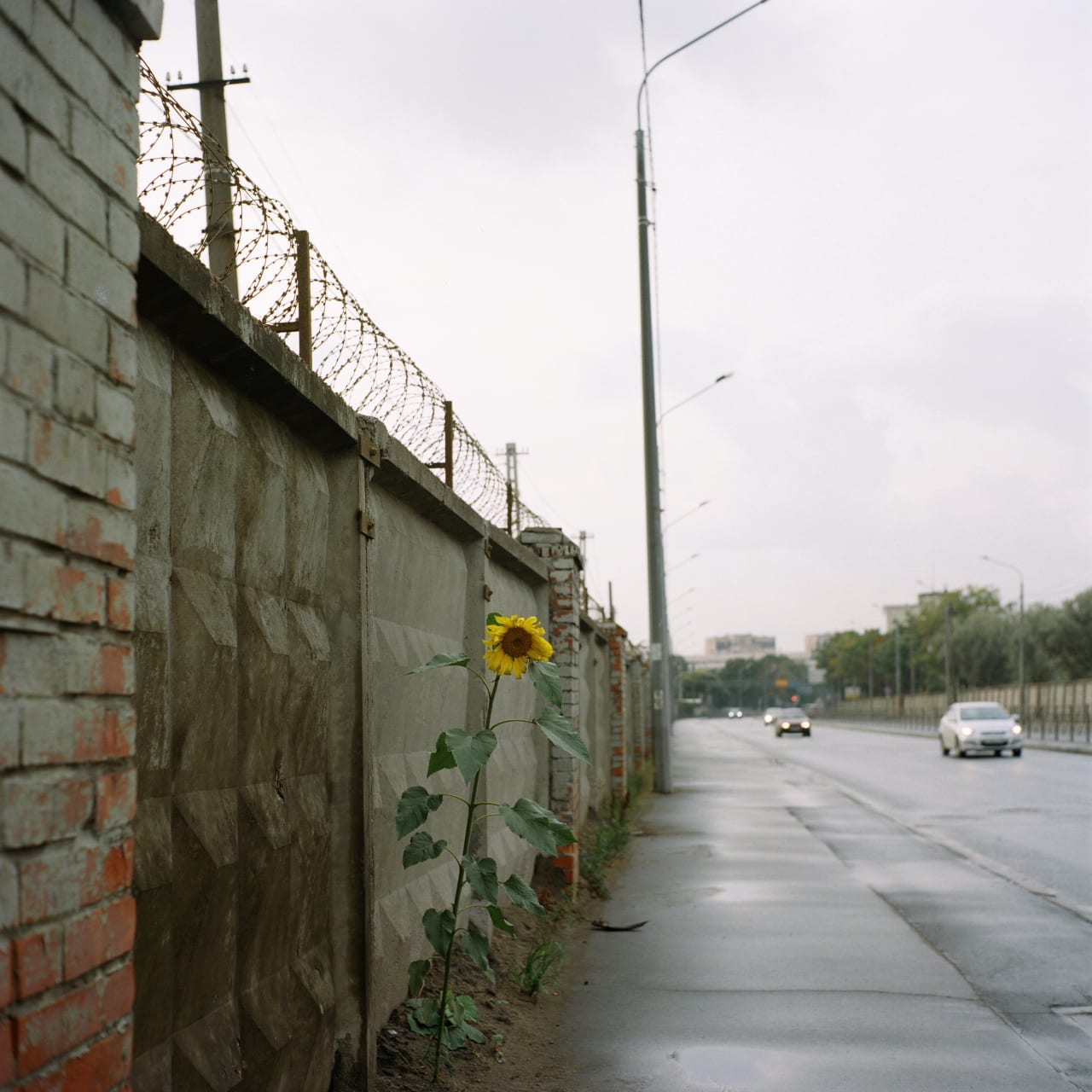

Ekaterina Vasilyeva investigates the road between Saint Petersburg and Petergof in Russia, exploring the history of the land and her own identity in relation to it
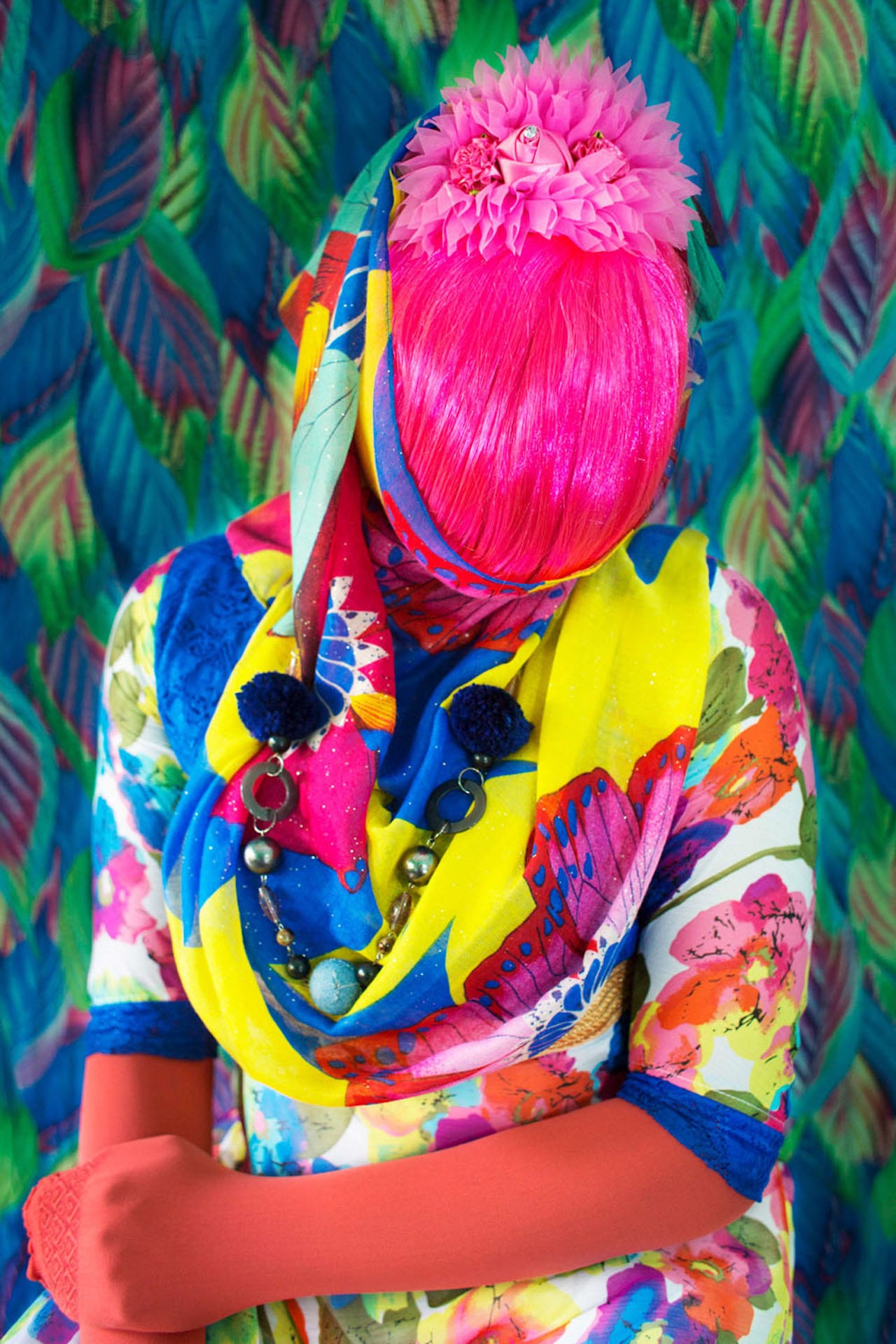
“Chobi Mela continues the way it began,” writes Shahidul Alam. “Unyielding to power.” He’s referencing the very first Chobi Mela festival, which opened in Dhaka, Bangladesh back in 2000. Alam and Robert Pledge had painstakingly put together an exhibition on Bangladesh’s 1971 war, which a government minister – phoning at midnight – wanted to censor; rather than comply and remove the offending prints, Alam and Pledge moved the entire exhibition to a new venue, which opened at 3pm the next day.
“That is how we’ve always done it,” writes Alam, the founder of Chobi Mela. “Against the odds, facing the storm, with the wind against our face.”
Though he doesn’t mention it outright, it’s difficult to read his comments now without also thinking of Alam’s own recent experience, in which he spent 107 days in Dhaka Central Jail last year. The 63-year old photographer and Drik Gallery director was arrested on 05 August after stating in an interview with Al Jazeera that the wave of student protests in Bangladesh last year was a reaction to government corruption. He was charged with violating Section 57 of Bangladesh’s Information and Communication Technology Act (ICT) – which has been used in more than 20 recent cases involving journalists, most of them related to news-reporting – and was held for more than 100 days.
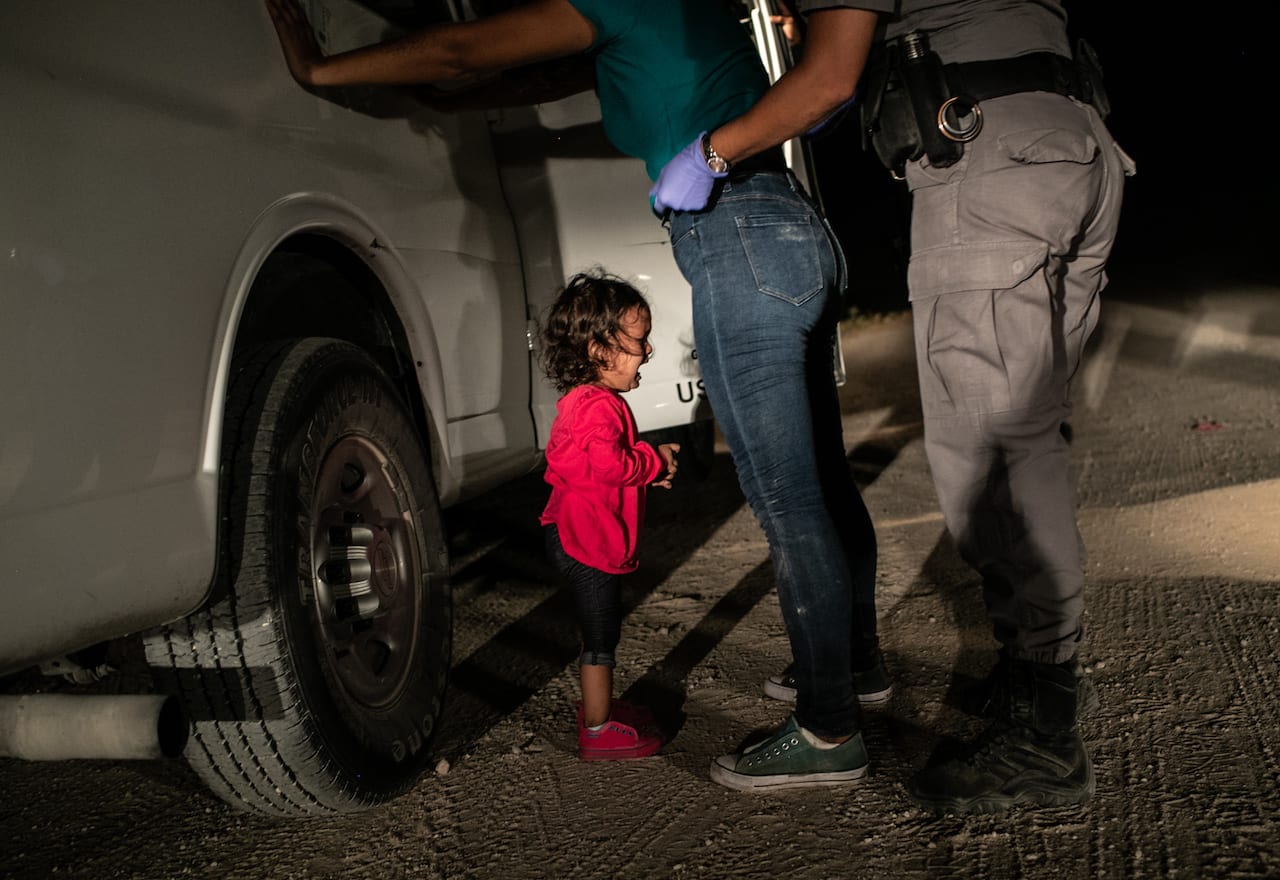
A shortlist of six images have been announced for this year’s World Press Photo of the Year, and three photographers shortlisted for a new award that celebrates visual storytelling – the World Press Story of the Year.
The six images shortlisted for World Press Photo of the Year are: Victims of an Alleged Gas Attack Receive Treatment in Eastern Ghouta by Mohammed Badra (Syria); Almajiri Boy by Marco Gualazzini (Italy); Being Pregnant After FARC Child-Bearing Ban by Catalina Martin-Chico (France/Spain); Covering the Disappearance of Jamal Khashoggi by Chris McGrath (Australia); Crying Girl on the Border by John Moore (United States); and Akashinga – the Brave Ones by Brent Stirton (South Africa).
The three nominees for the World Press Story of the Year are Marco Gualazzini (Italy), Pieter Ten Hoopen (Netherlands/Sweden), and Lorenzo Tugnoli (Italy) – making Gualazzini the first photographer to have been nominated for both the World Press Photo of the Year and the World Press Story of the Year.
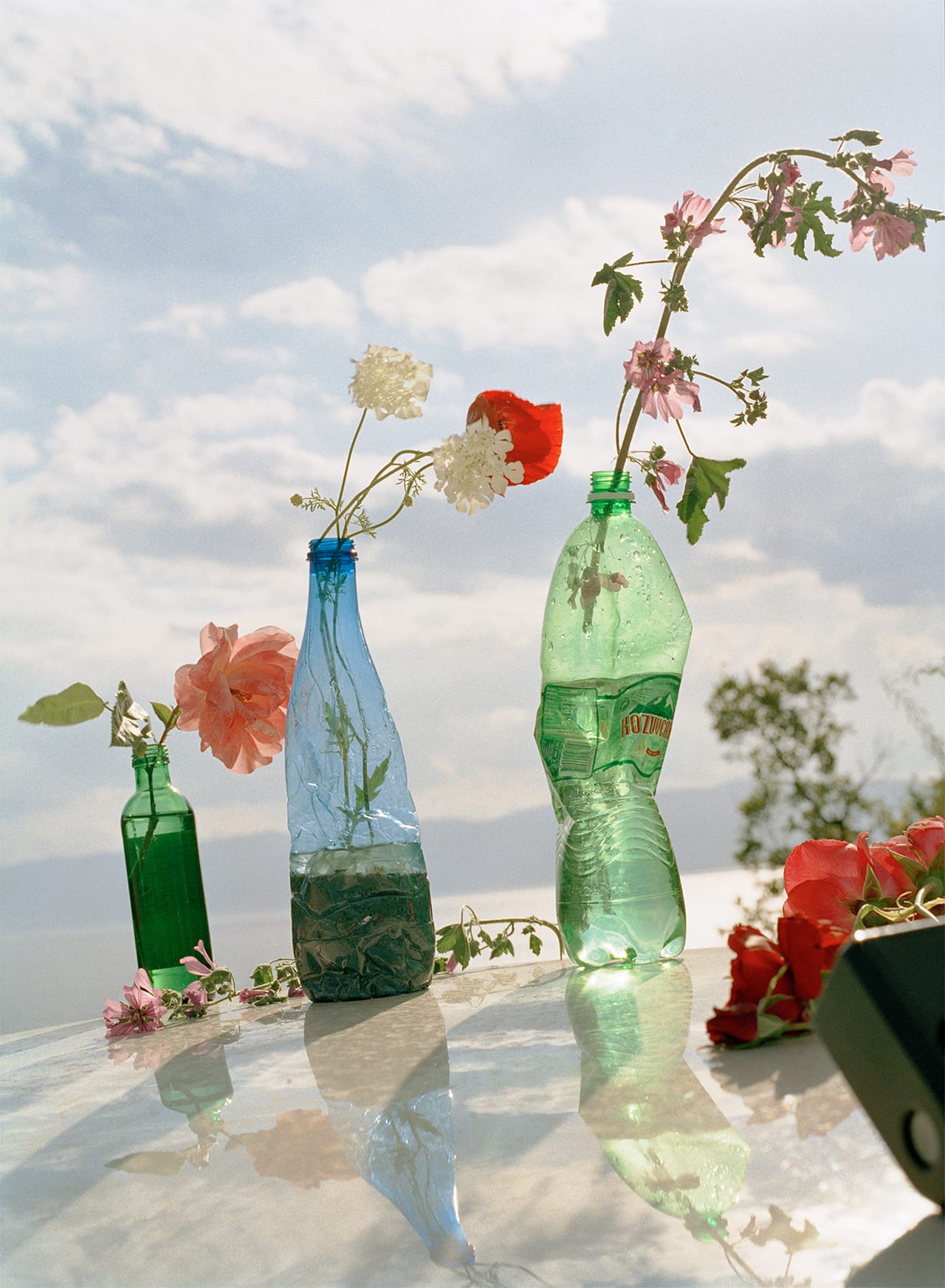
In 1989, a record number of 71,000 Soviet Jews were granted exodus from the USSR after a century of radical changes, fuelled by a wave of anti-semitism. Between 1988 and 2010 over 1.6 million Jews left the territory of the former Soviet Union, most of them settling in Israel but others heading for Germany, Canada, Australia, and the United States.
Irina Rozovsky was seven years old when her family fled from Russia to America in 1988. “It’s ironic in retrospect,” she says. “The USSR was a closed up place where Jews were discriminated against; in the end we were the ones that got to leave and seek out a better life. It was like winning the lottery.”
Rozovsky, now 37, lives in Georgia, US, with her husband and two-year-old daughter. “In my work I’m always circling back to the beginning of things, which for me is leaving one place and settling in another, adapting to a new life,” she says. “My photographs are not autobiographical, but I guess that history and the search for the familiar echoes in how I see. Not being able to see the place that you remember, I think that drives my photography.”
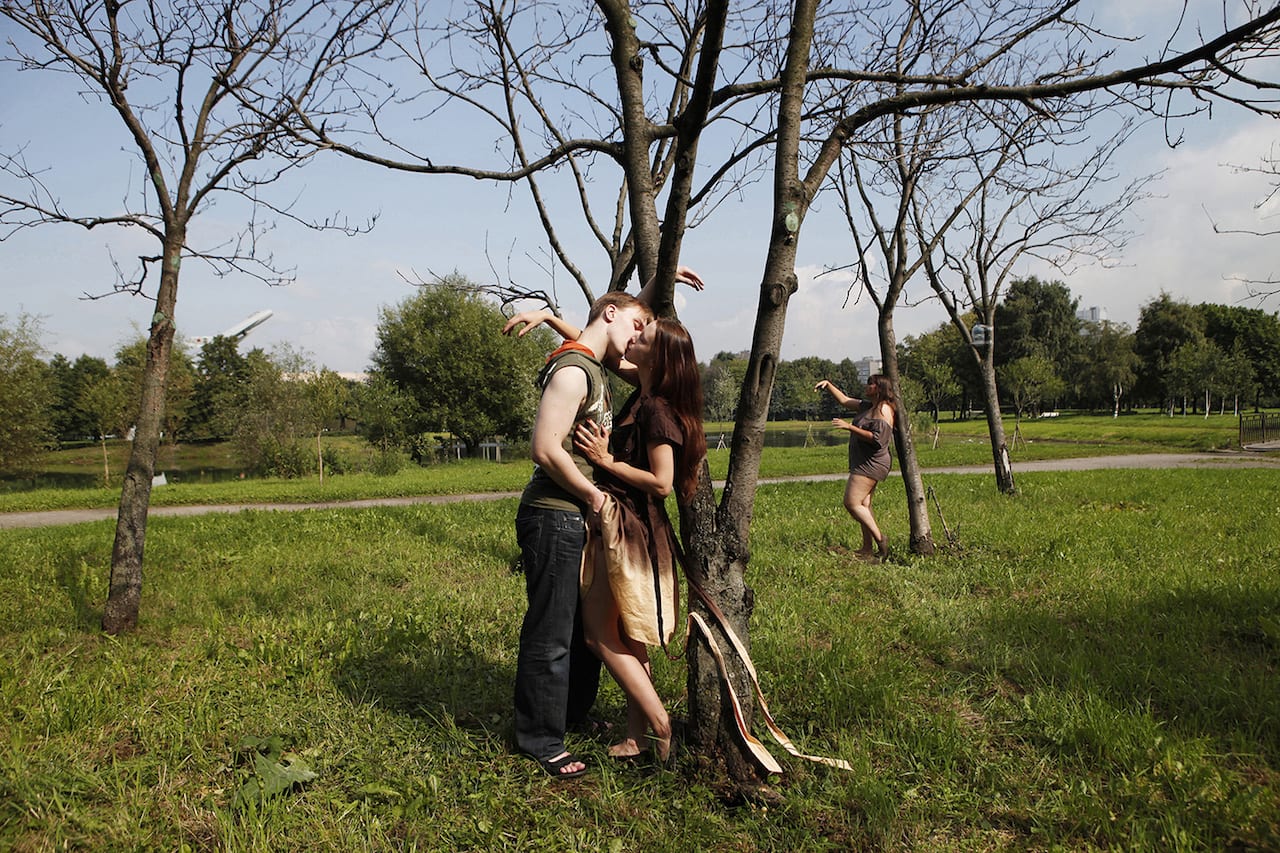
“The way the international audience perceives Russian photography is often based on ‘exoticism’, that builds a pernicious stereotyping around Russian art,” say the makers of Attention Hub. “We show the artists who speak an intercultural and international language, pushing imaginary boundaries.”
Put together by FotoDepartament, the respected St Petersburg gallery, publisher, and arts centre, Attention Hub’s premise is simple – to harness the international reach of the internet to promote a hand-picked selection of emerging Russian photographers. Prints of the photographers’ work can be bought online for as little as €220, with half the price going to the photographer; the rest of the money will go towards building a programme of international events and initiatives to promote their work.
“Online is a dynamic and accessible format, providing the maximum audience coverage from anywhere in the world,” runs the site’s introductory text. “The combination of technology, digitalisation of information consumption, and trends of selling art online all build new ways of overcoming physical boundaries and setting up the convenient and focused support that independent art needs.”
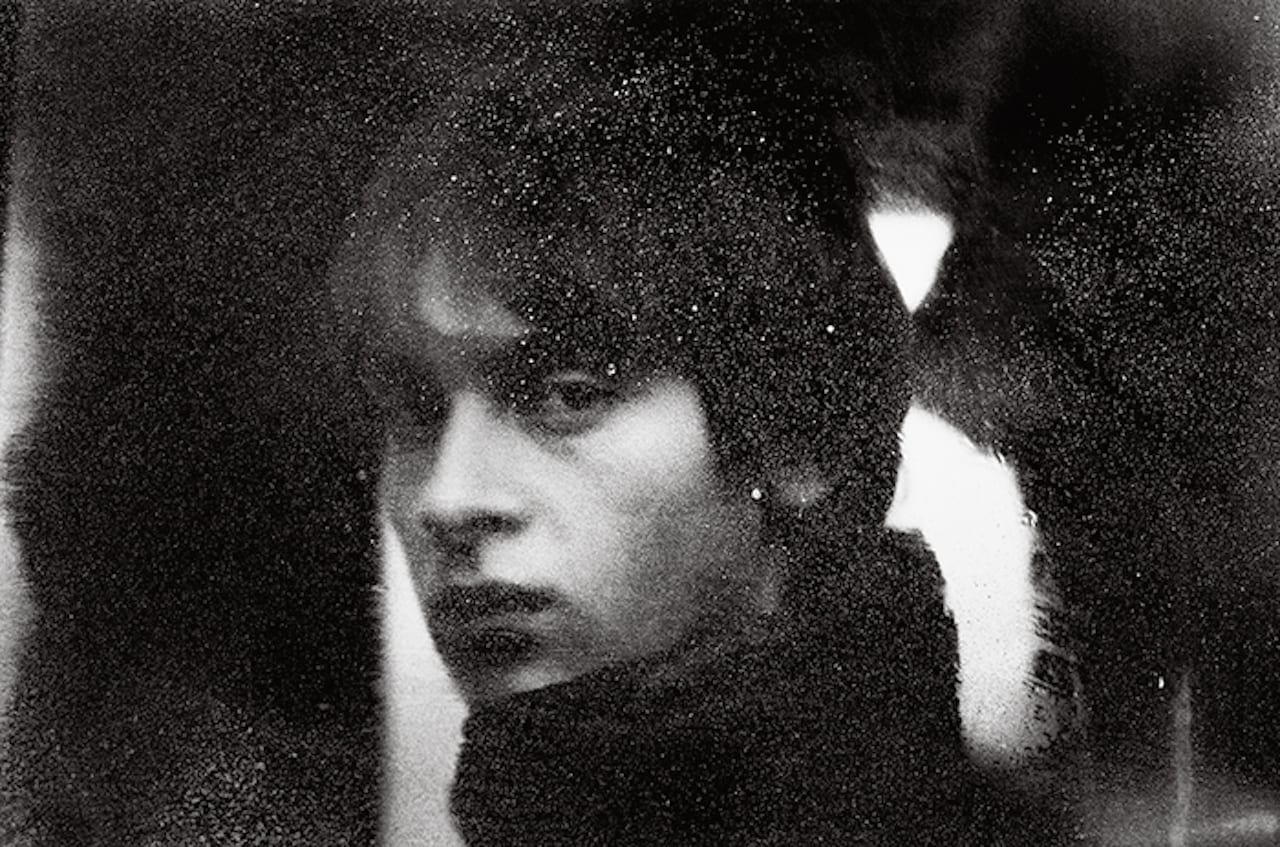
While most photographers value their time behind the camera, Alexandra Catiere’s love for the craft lives in the darkroom. “For me, the beauty of a picture doesn’t lie in the beauty of the subject matter,” she says. “I’m more interested in pushing the boundaries of printmaking, and how far you can go from reality.”
Catiere always knew she wanted to become an artist, and in photography found a craft that was both independent and experimental. “Taking pictures is fascinating, but for me, it’s not enough,” she says. When she was 21, she built a darkroom in the bathroom of her house in Minsk, Belarus, where she spent most of her time developing photographs of still lifes, seeing how far she could push a gelatin surface.
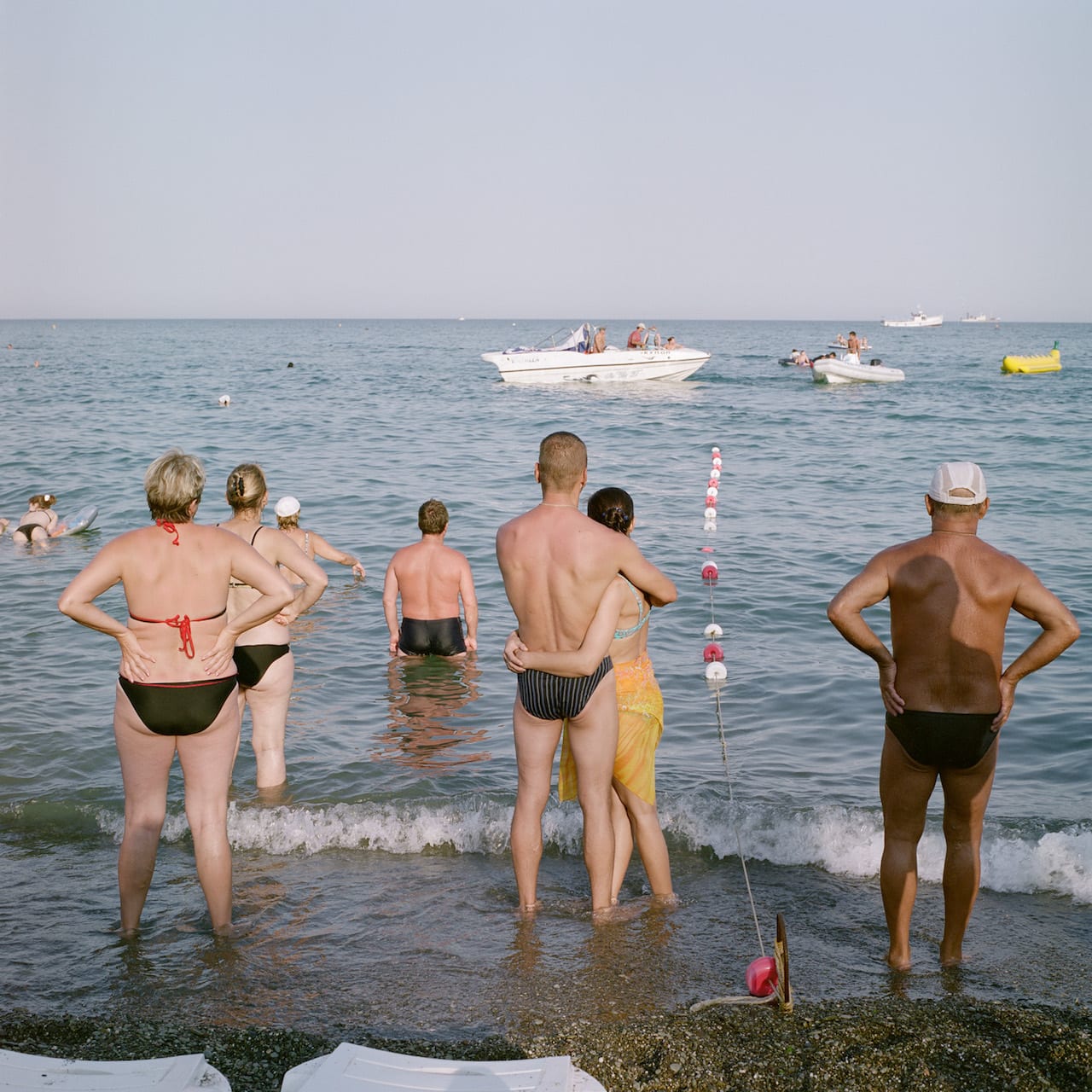
Stakle recently won the New East Photo Prize organised by Calvert 22 Foundation, with a series titled Heavy Waters. Shot in Crimea in 2011, the series shows towns and villages scattered along the coast on the Crimean Peninsula – an area that was at the time part of Ukraine, but which became part of Russia after the Ukraine-Russia crisis in 2014. To date, Crimea remains an internationally unrecognised part of Russia. Crimea was one of the most popular resorts of the Soviet Union but, says Stakle, “being on the crossroads of trade routes has always been risky”. “Since times immemorial, the Crimean Peninsula has been coveted by different countries, near and far,” he writes in his introduction to the series.
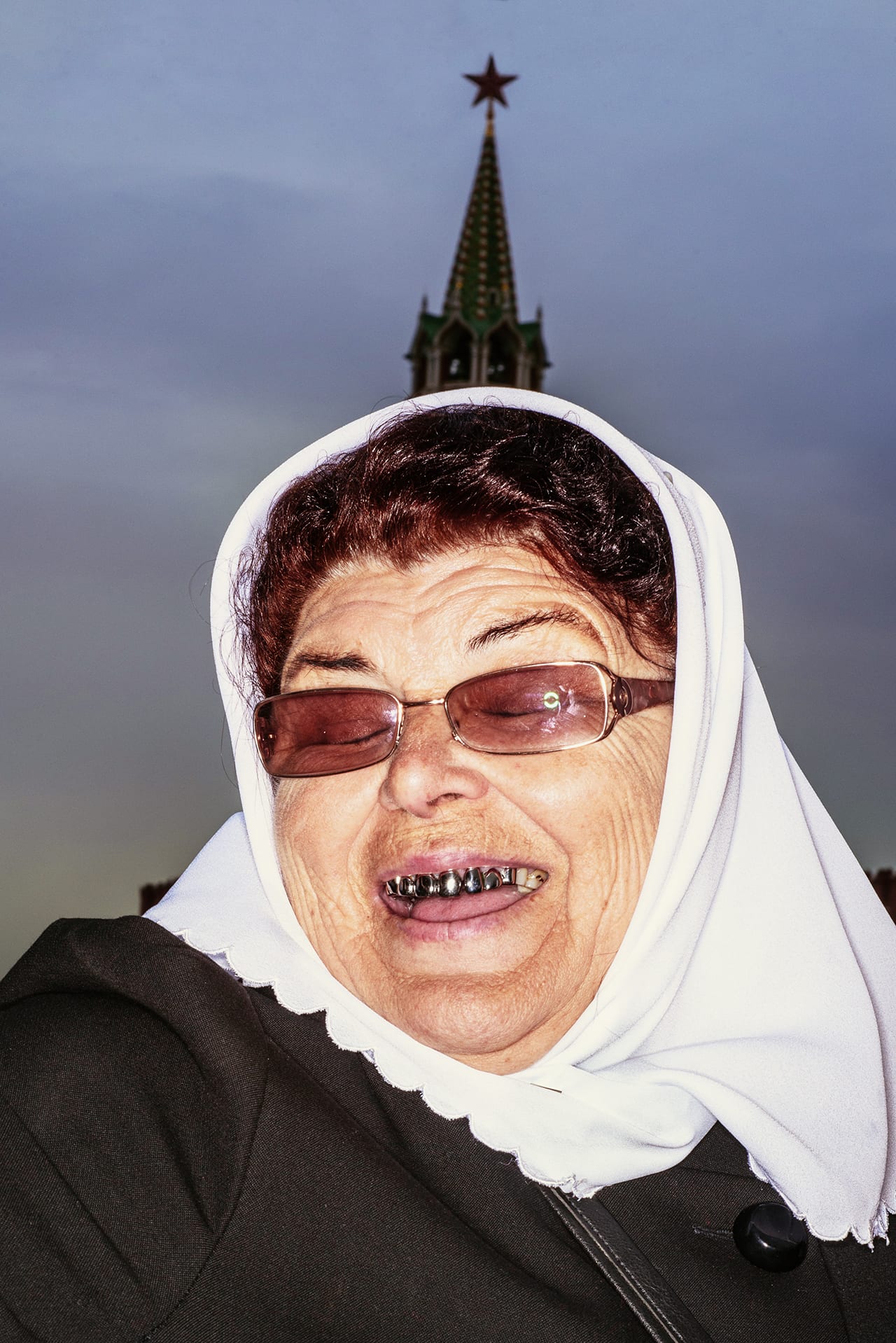
“If you live in Russia, you’re taught to love your family, and love your nation. It’s part of your life and education, we even have classes teaching patriotism at school,” says Alexander Anufriev, whose new project takes a closer look at what makes a modern Russia.
The idea for Russia Close-up came while he was studying at The Rodchenko Art School in Moscow, and starting to feel disillusioned with documentary photography. “At the time, it was important for me to tell stories and for them to be the truth, but it started to feel like a little bit of a lie,” he explains. “Even if you’re trying to be totally objective, it is always a bit subjective.
“I stopped shooting for six months, and I was about to quit photography, but then I thought, ‘What if I tried to be completely subjective?’ So I cropped the images very tightly, and included only the elements I wanted to show. It was a farewell to convention.” Unconventional it may be, but the series has already had some success, exhibited in Cardiff, Sydney, and Saint Petersburg, and winning third place in the Moscow Photobookfest Dummy book award.
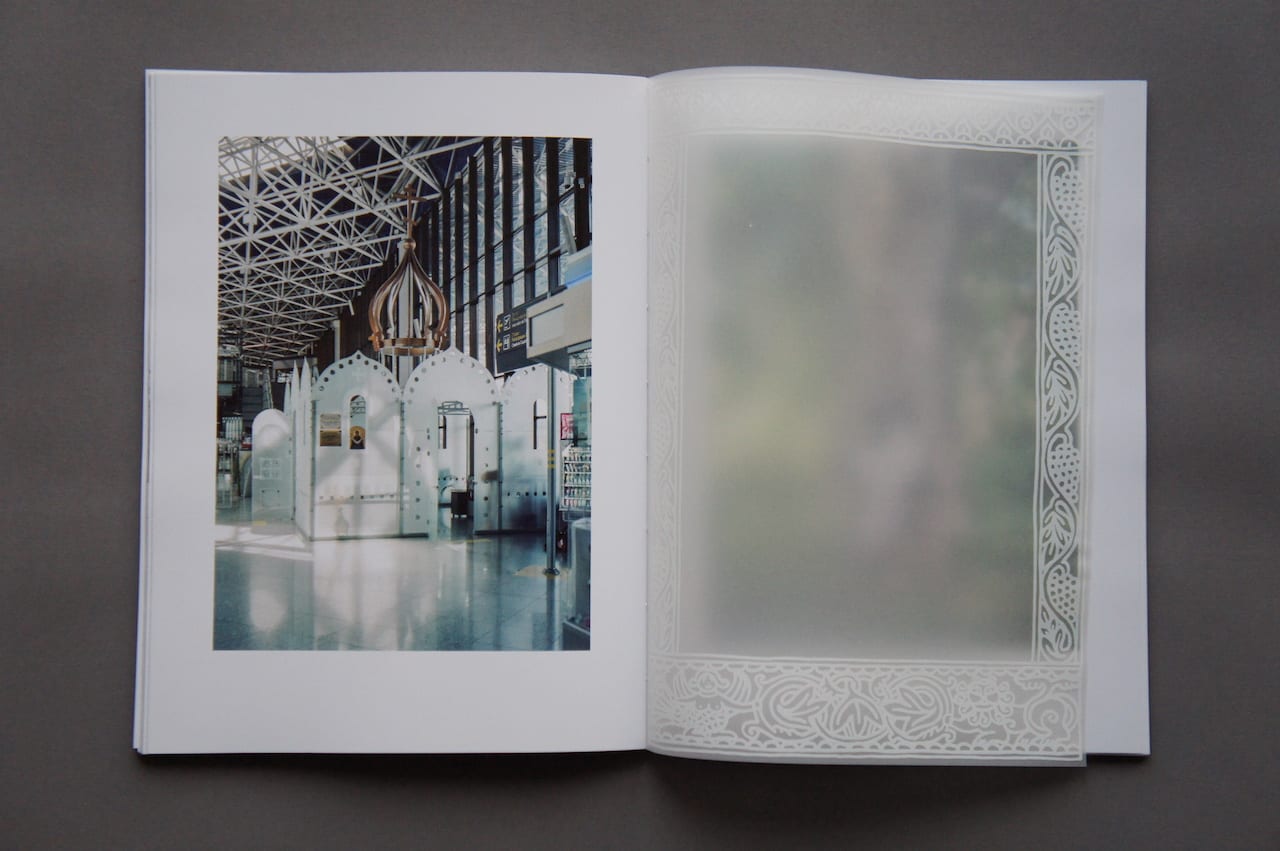
“When I became a parent, I had the idea to make a photographic book for children,” says Russian photographer Andrey Ivanov, who has won the Photobookfest Dummy prize. “I started to photograph subjects and images of Russian fairy tales. At first it was a series of purely staged photos, but then I began to notice that some of the documentary photos I found fitted perfectly into this fabulous series.
“The fairy tale is the most authentic source of Russian archetypes. As the saying goes: ‘A fairy tale is a lie – yet there is a hint in it, a good lesson to good fellows’. The viewer follows the photographic tracks of the main hero of the fairy tale, referring to the cultural codes of the collective unconscious, and guesses or recognises the fairy-tale images, or hints of them.”
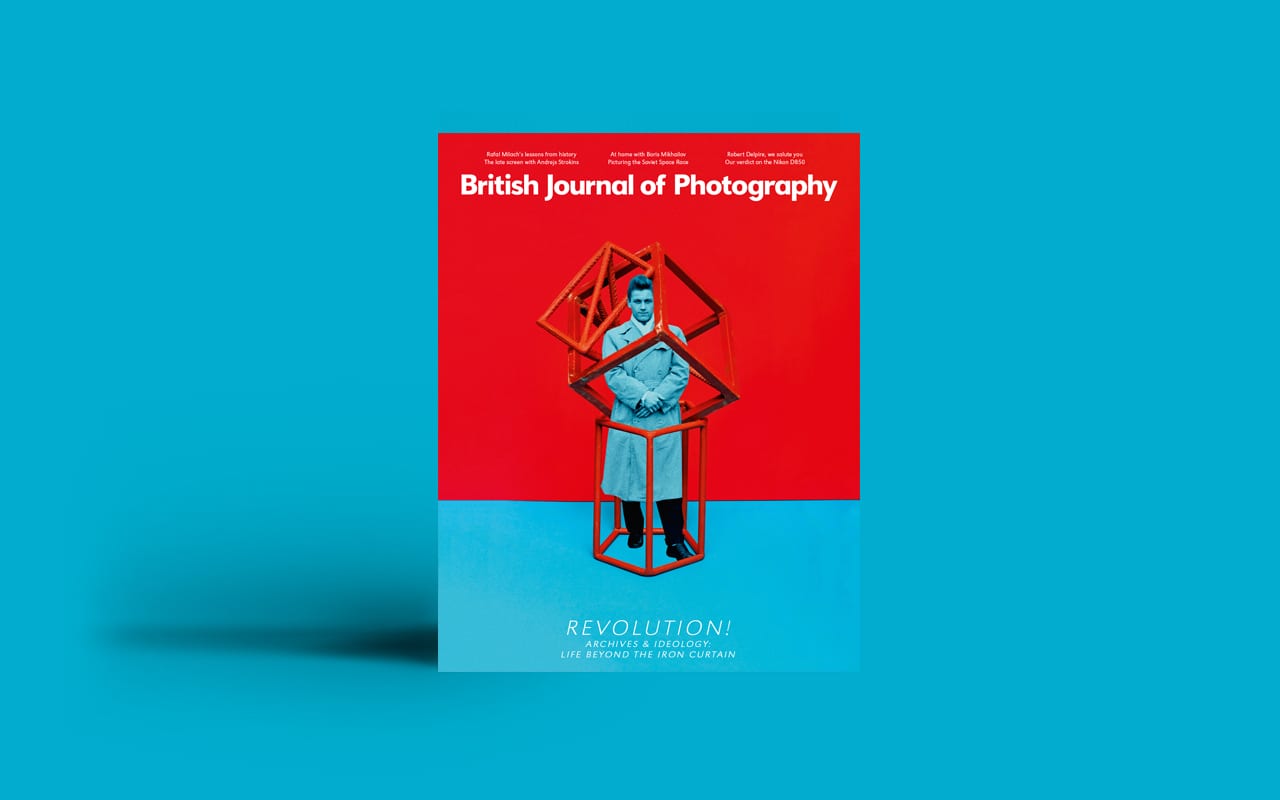
This year marked the 100th anniversary to the October Revolution; the Bolshevik coup lead by Vladamir Lenin that would result in the Russian Civil War (1917-22) and, ultimately, the foundation of the USSR and the communist regime that lasted until 1991. In the BJP’s latest issue, we try to understand something of the vast history of the Eastern Bloc.